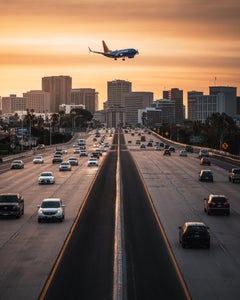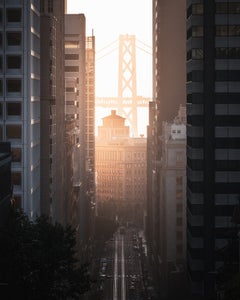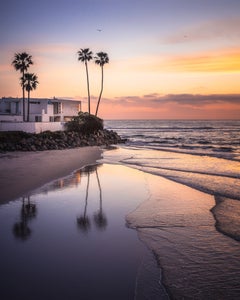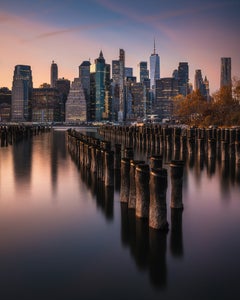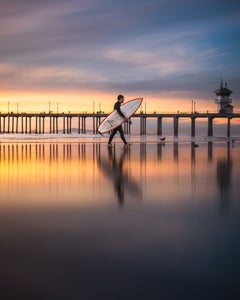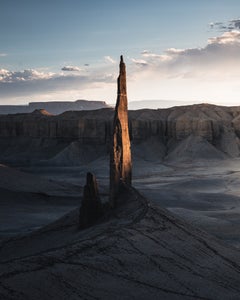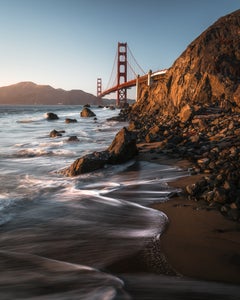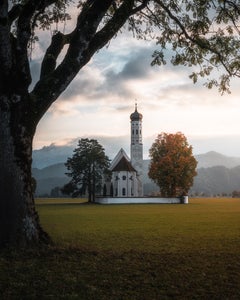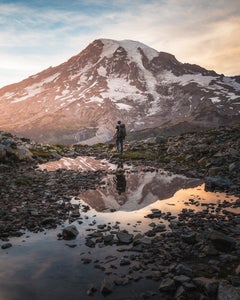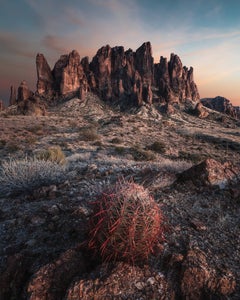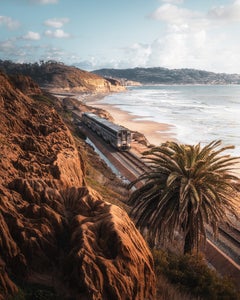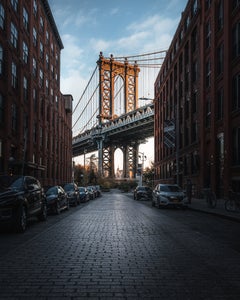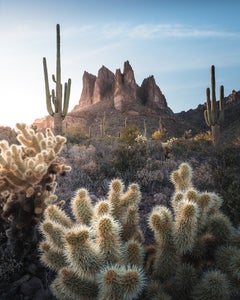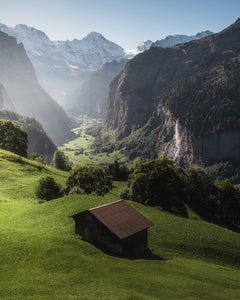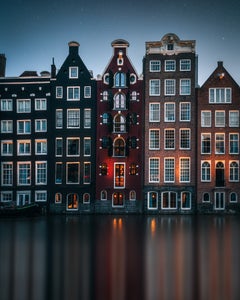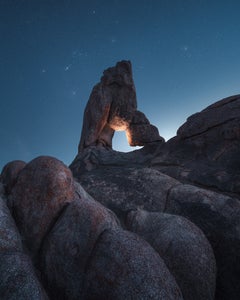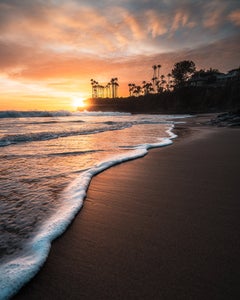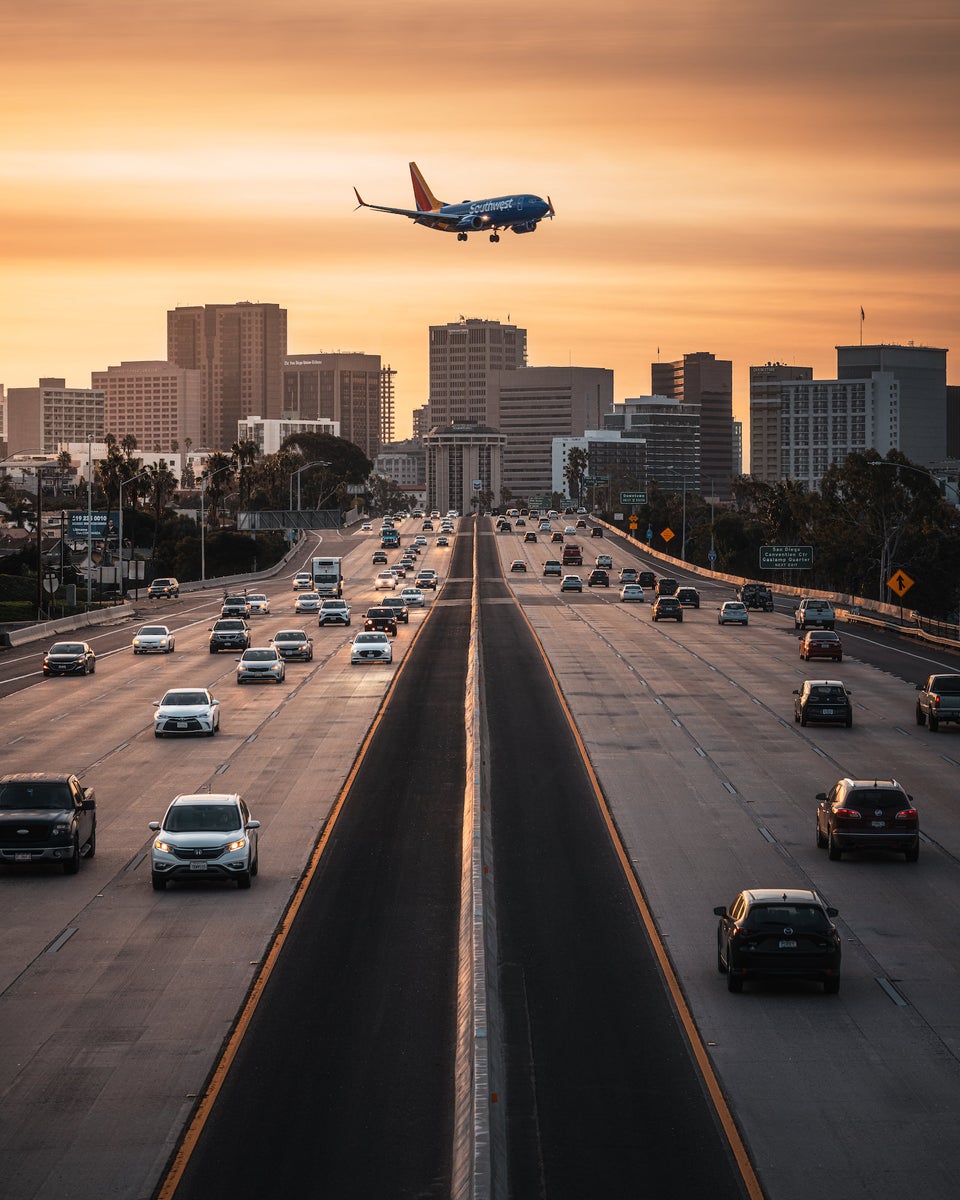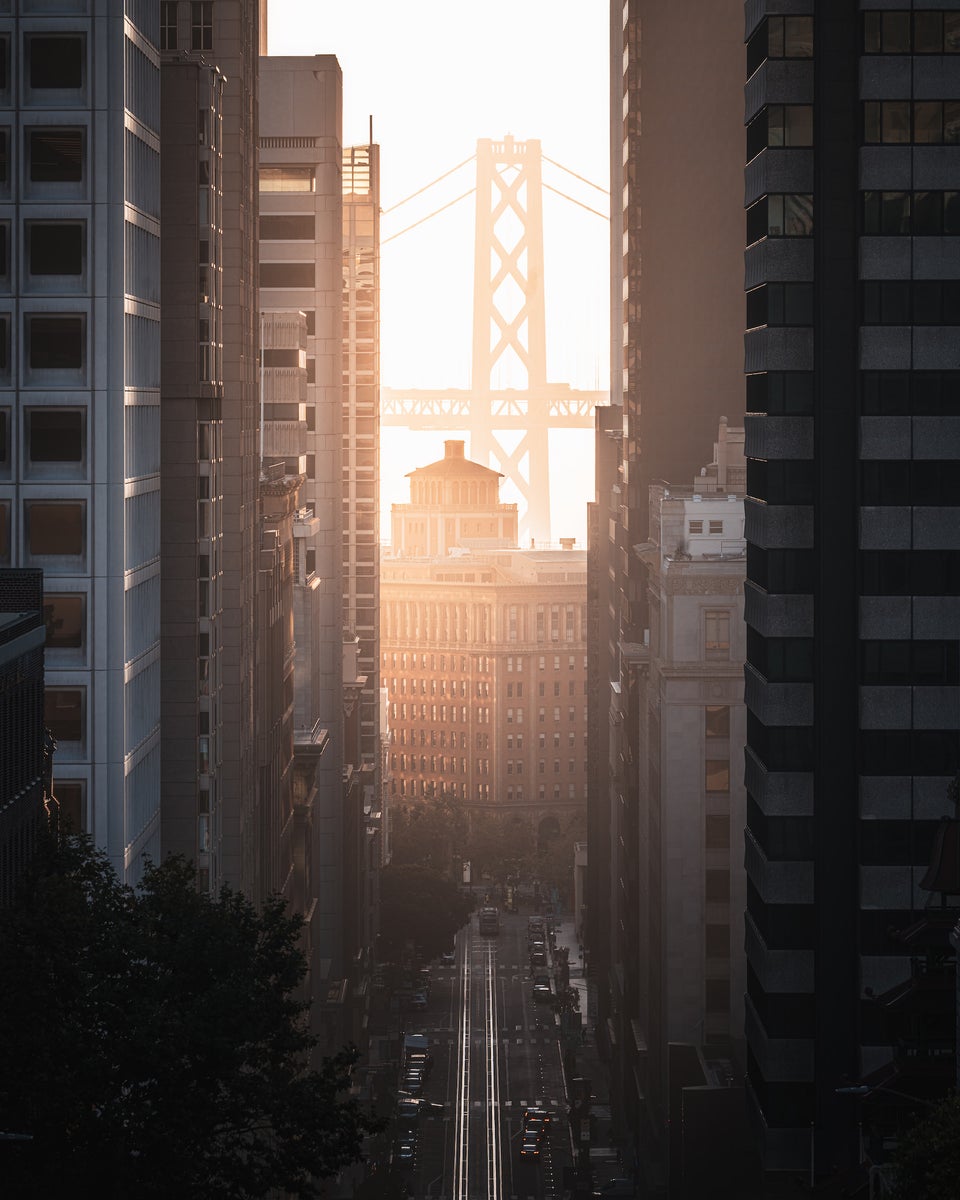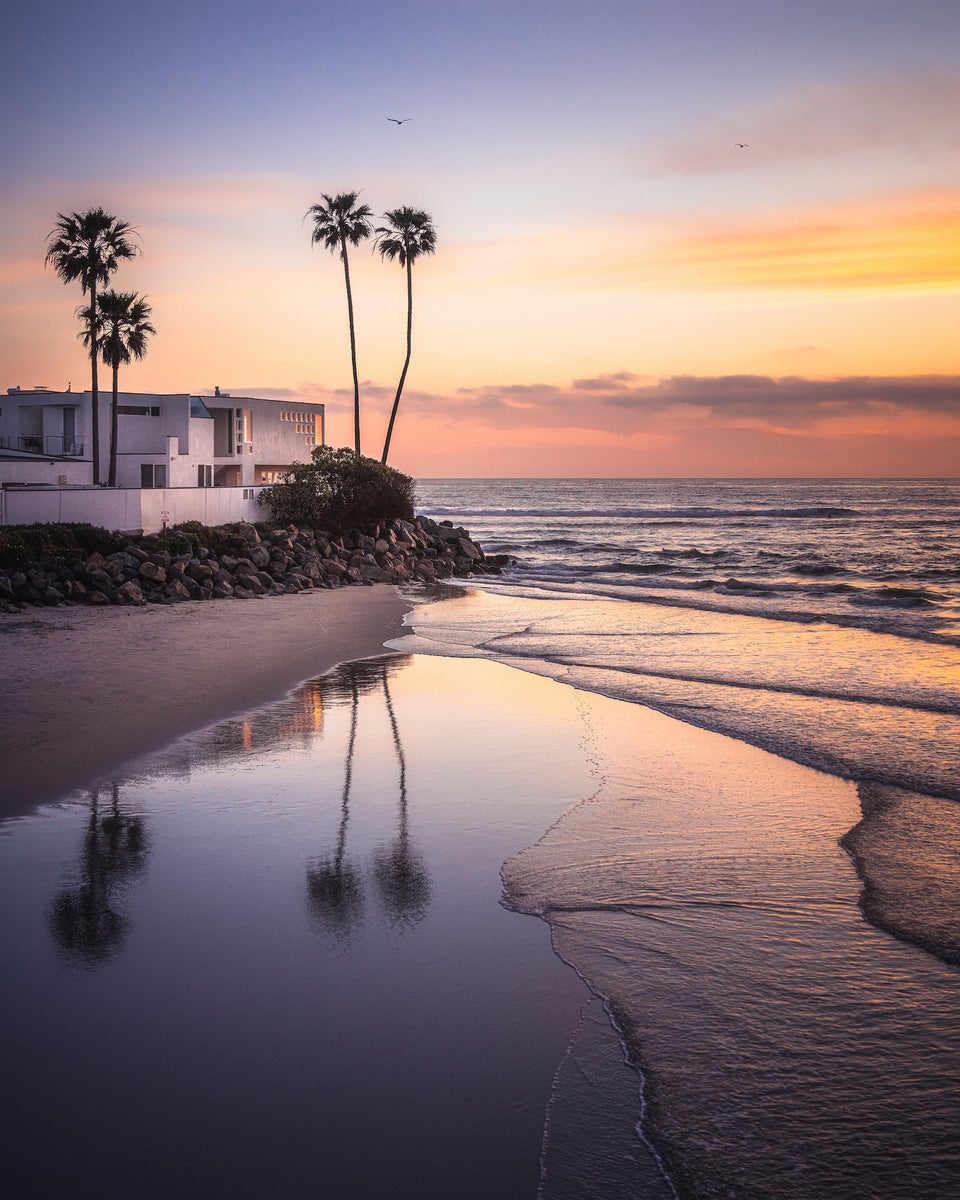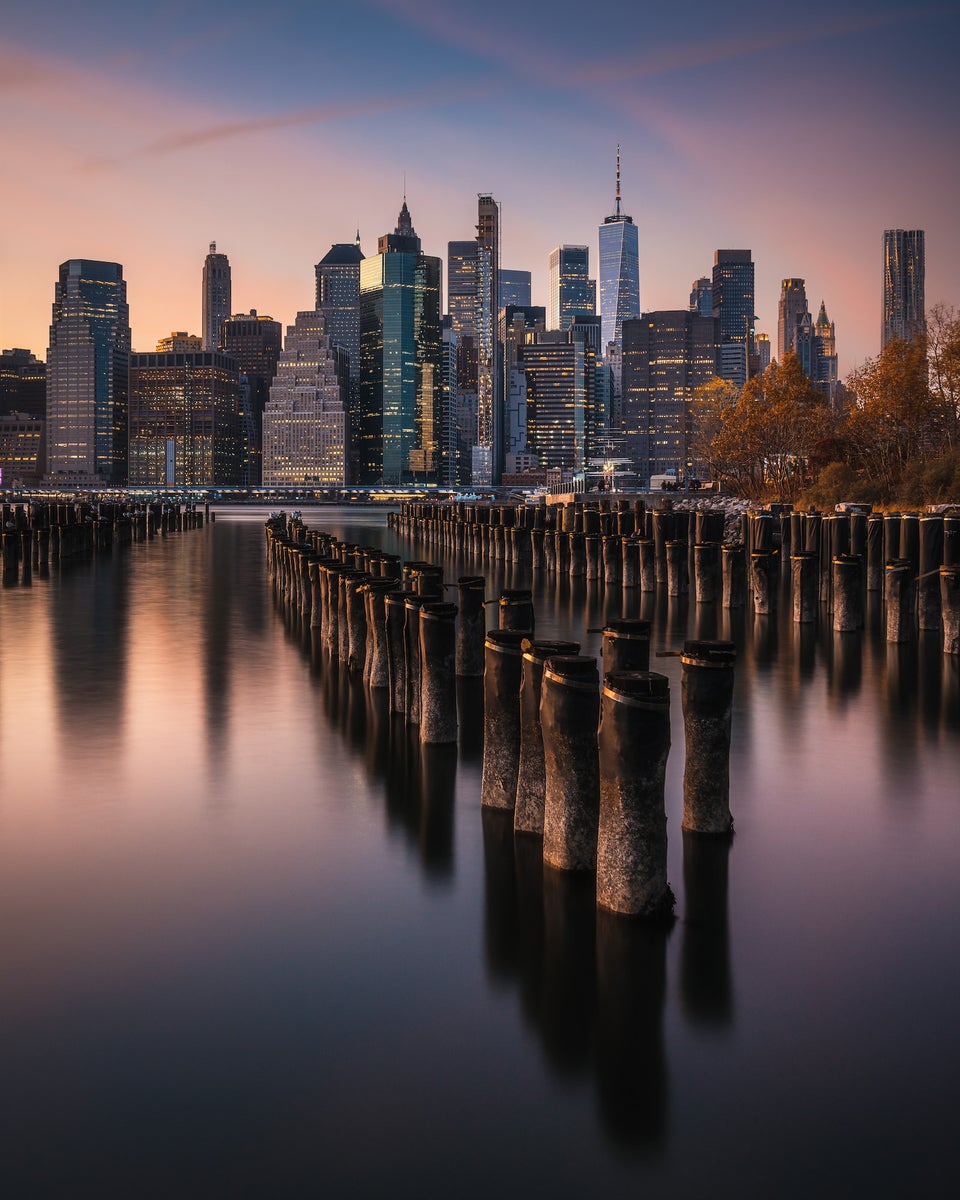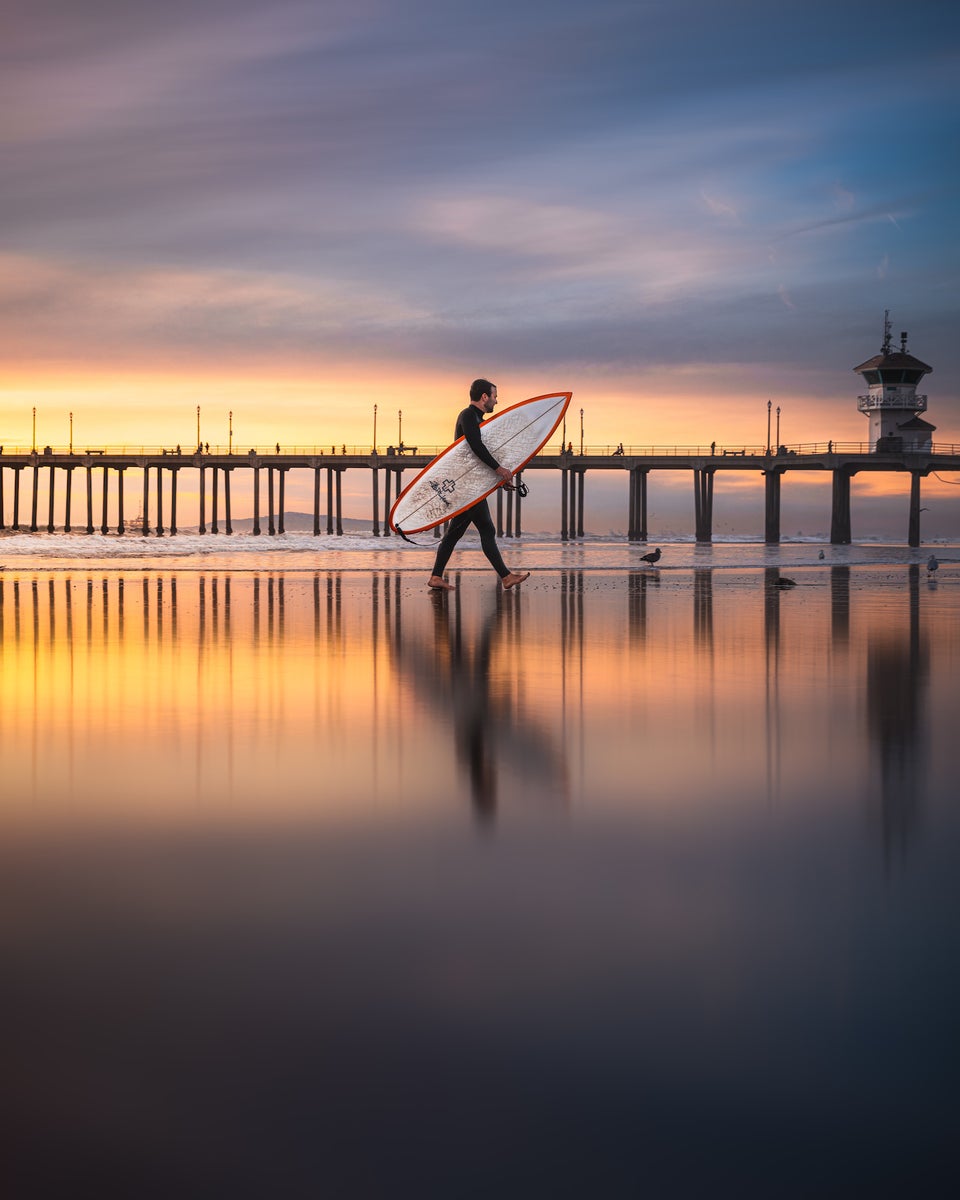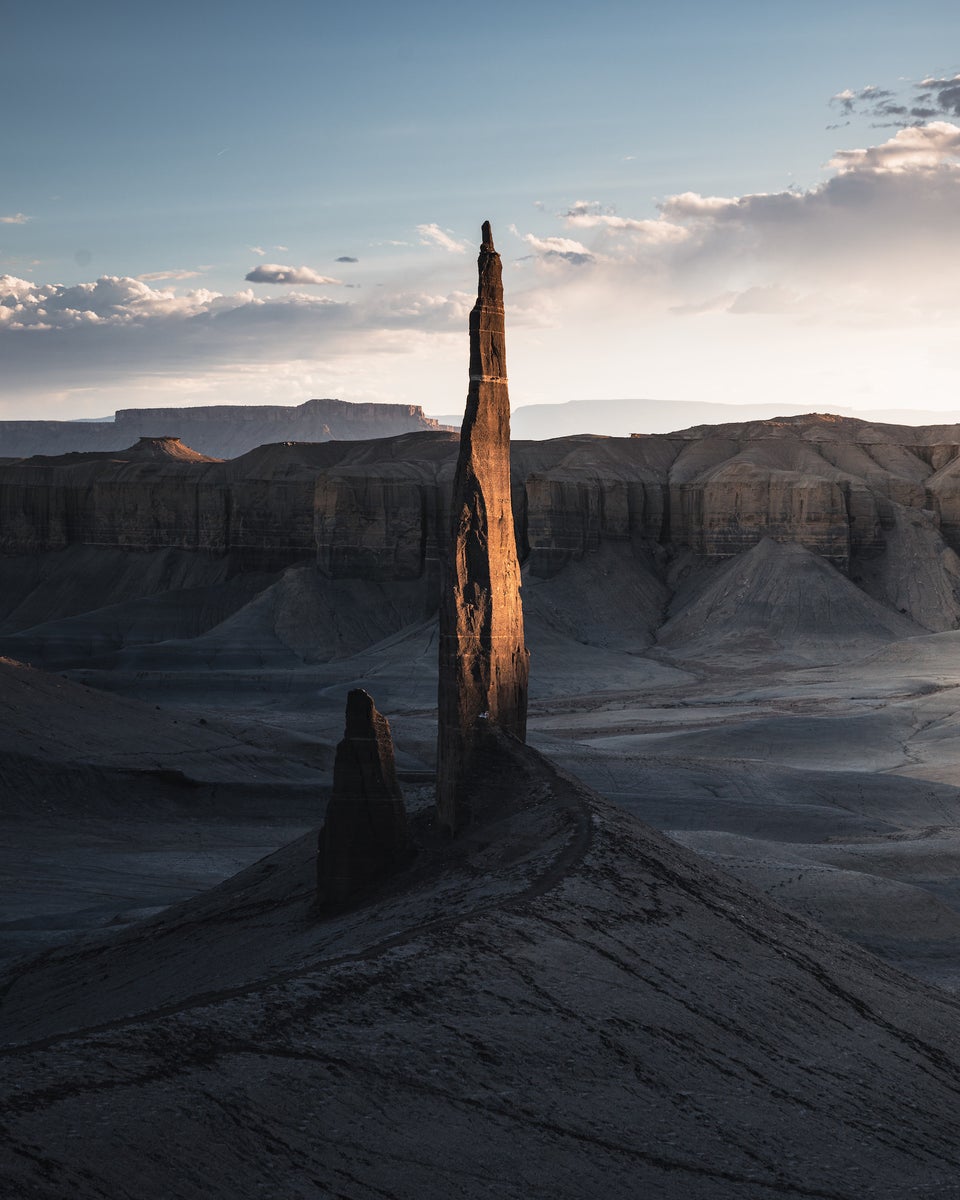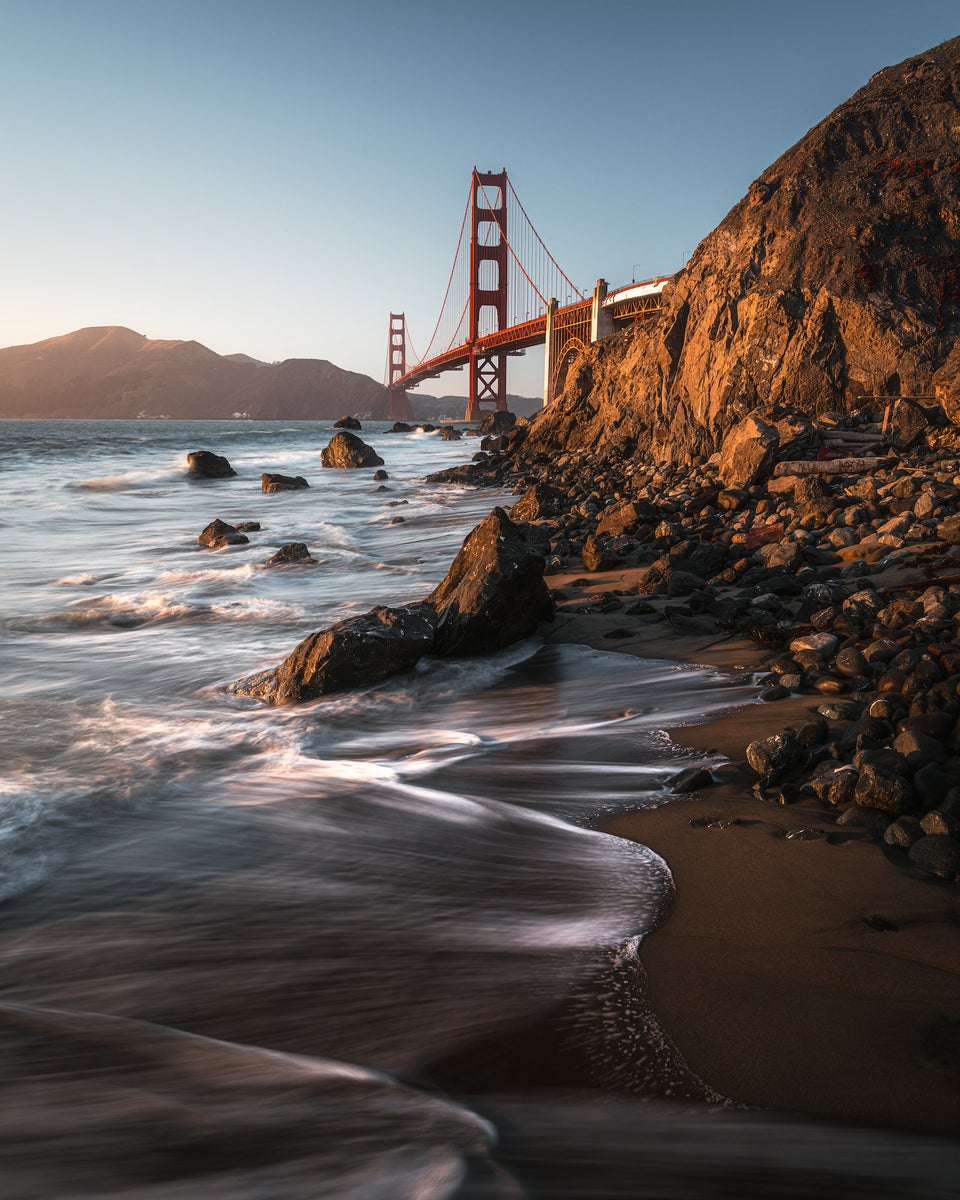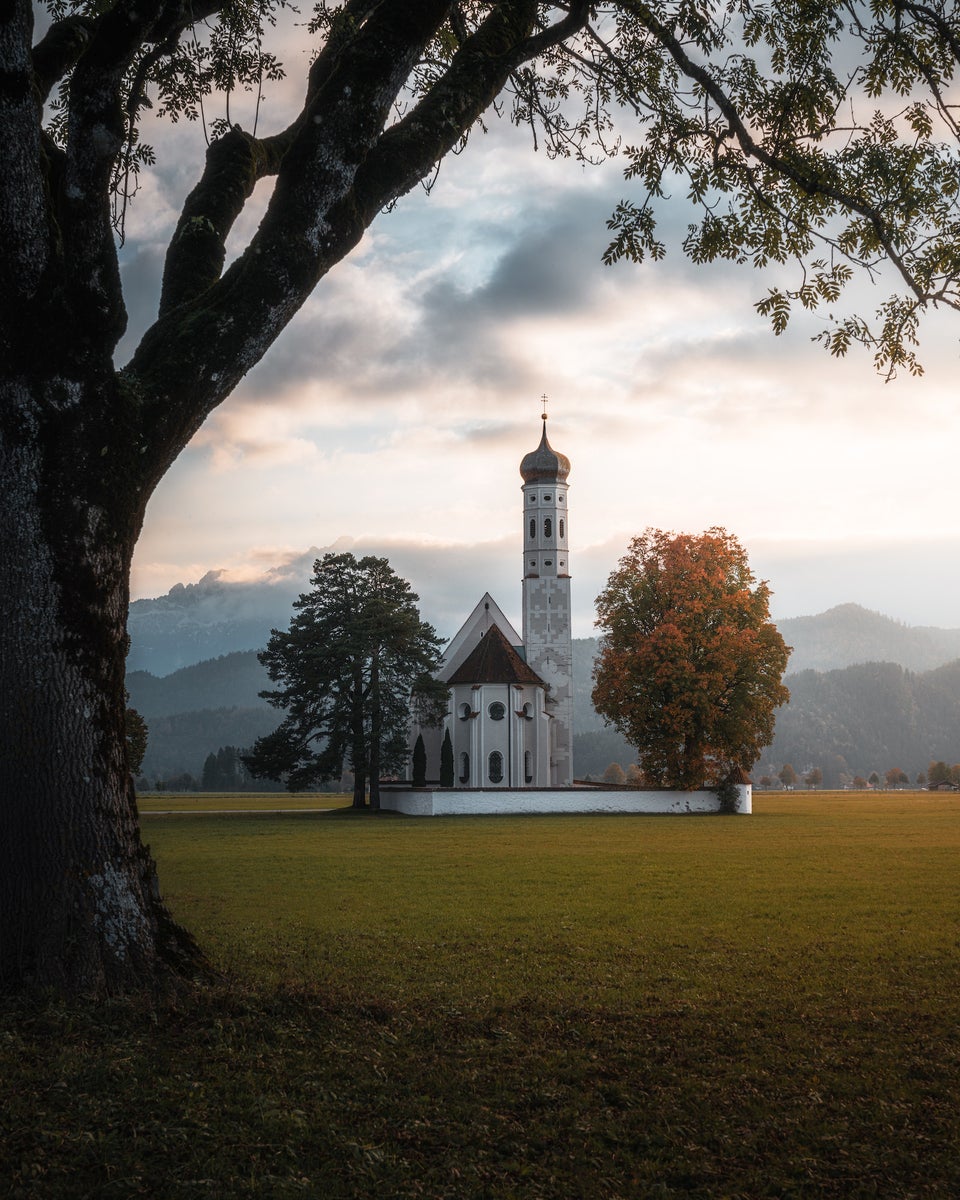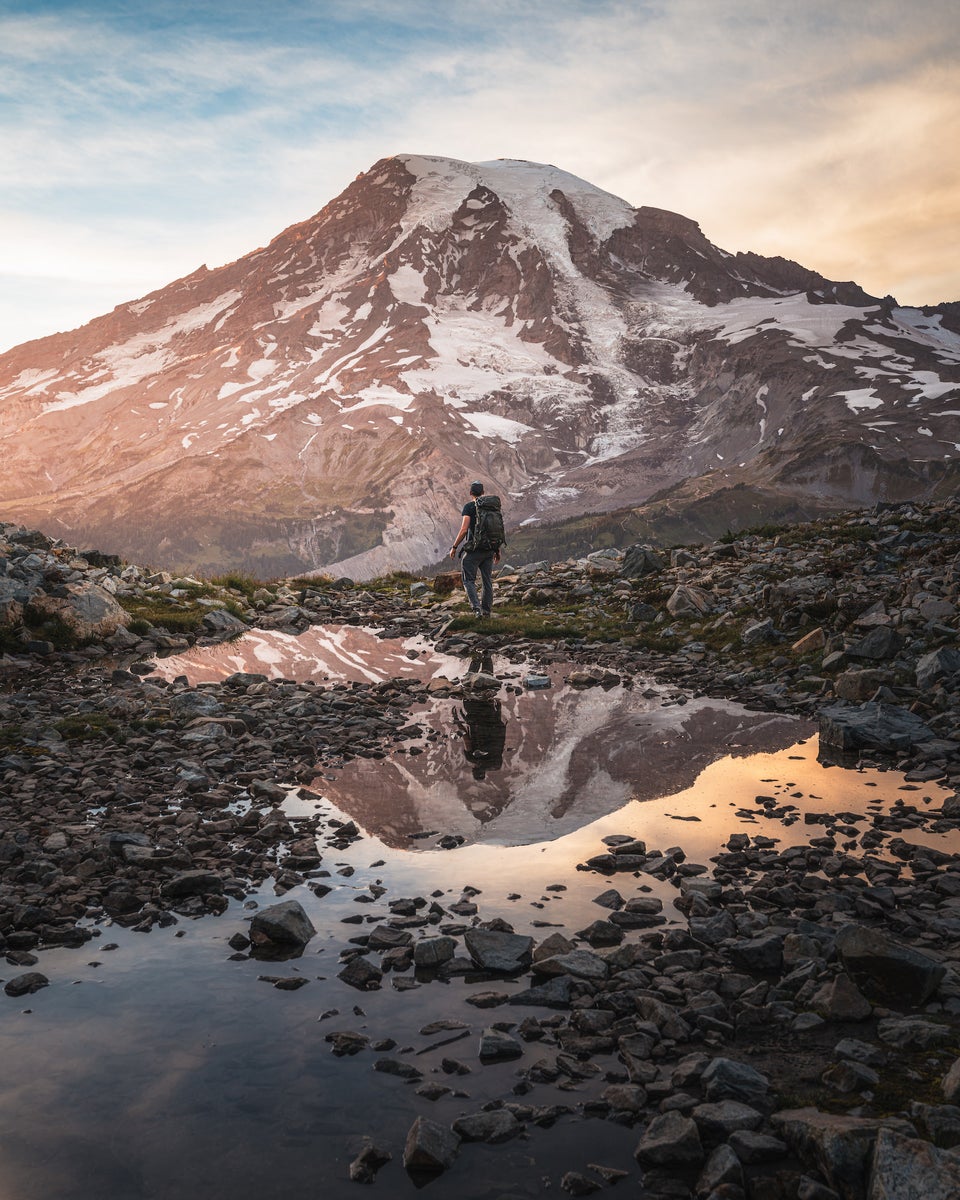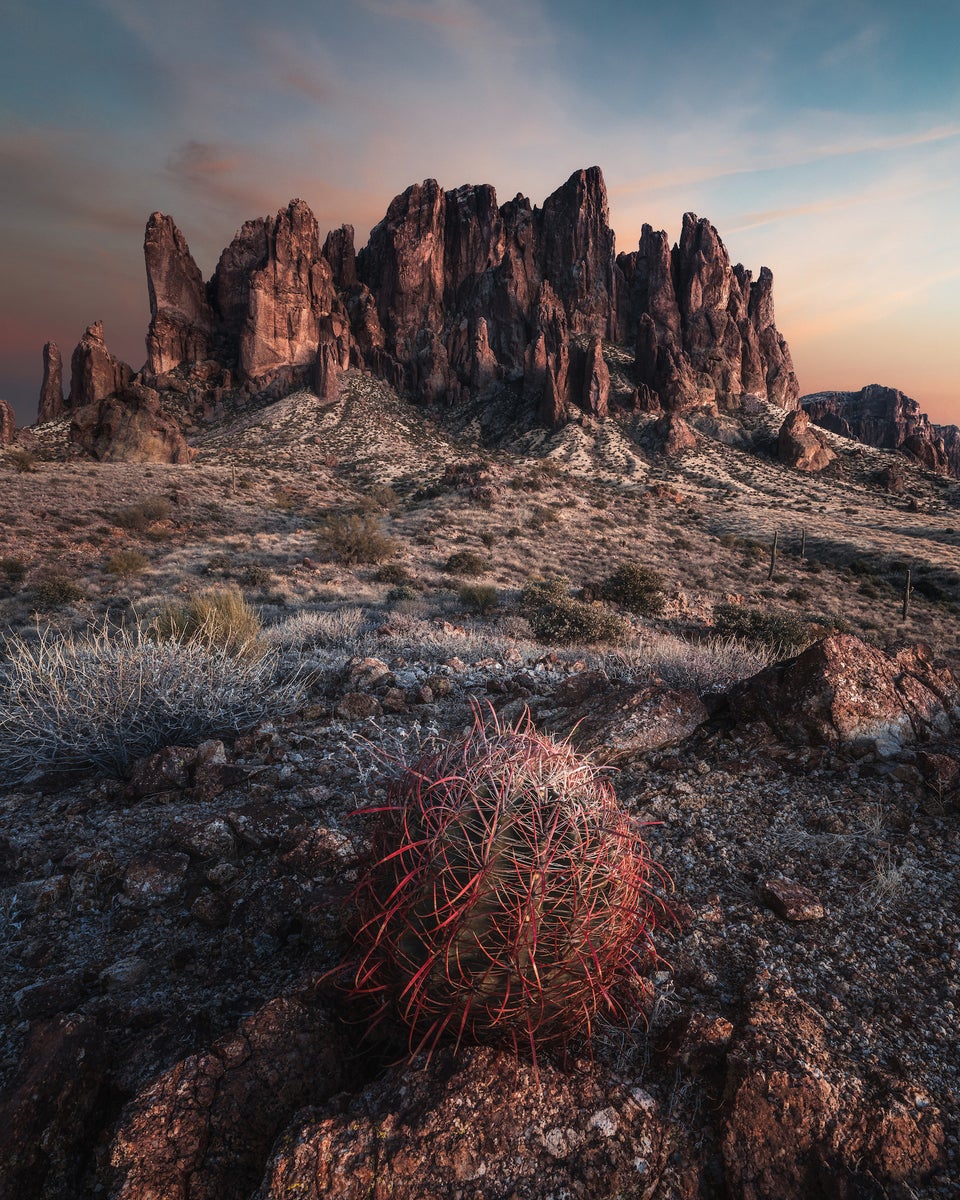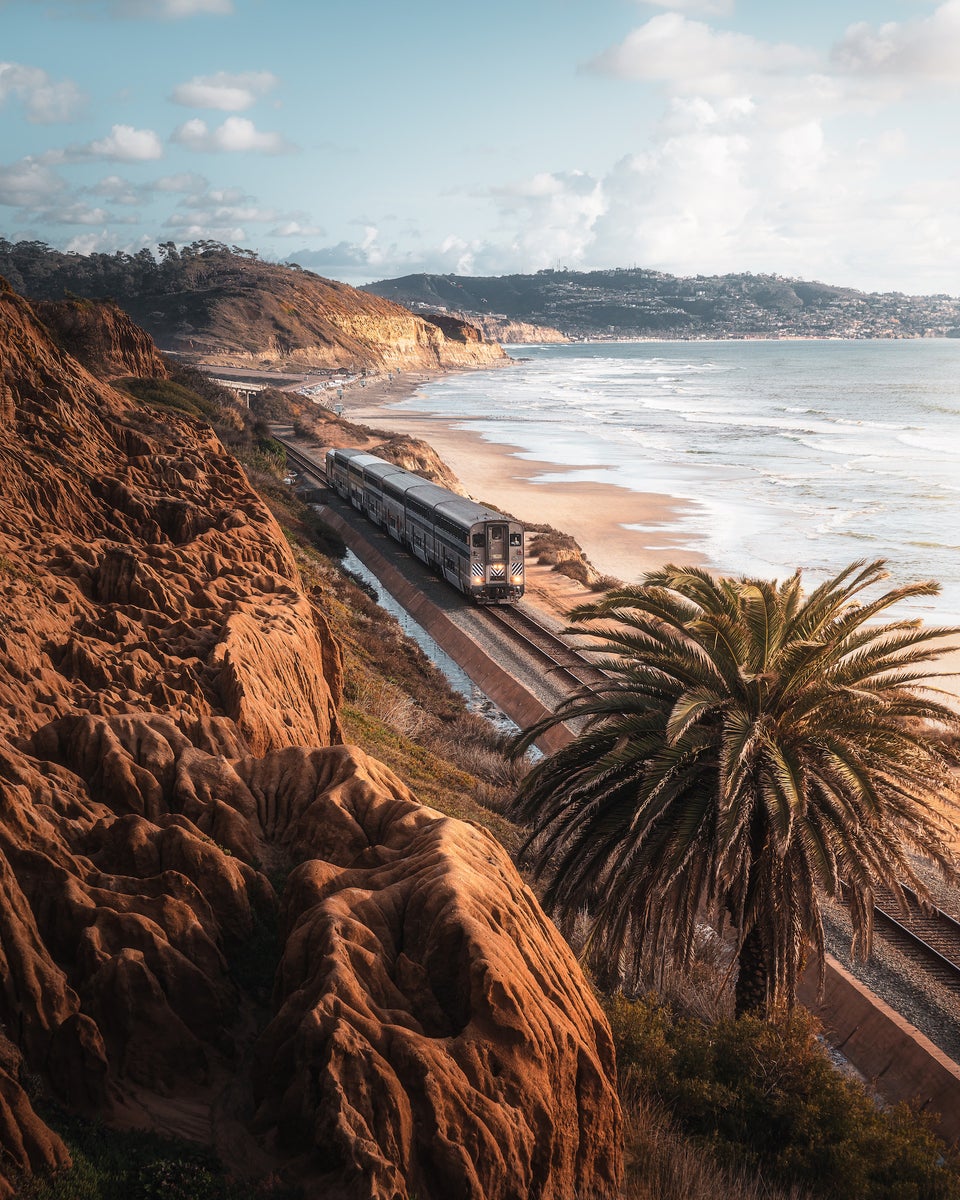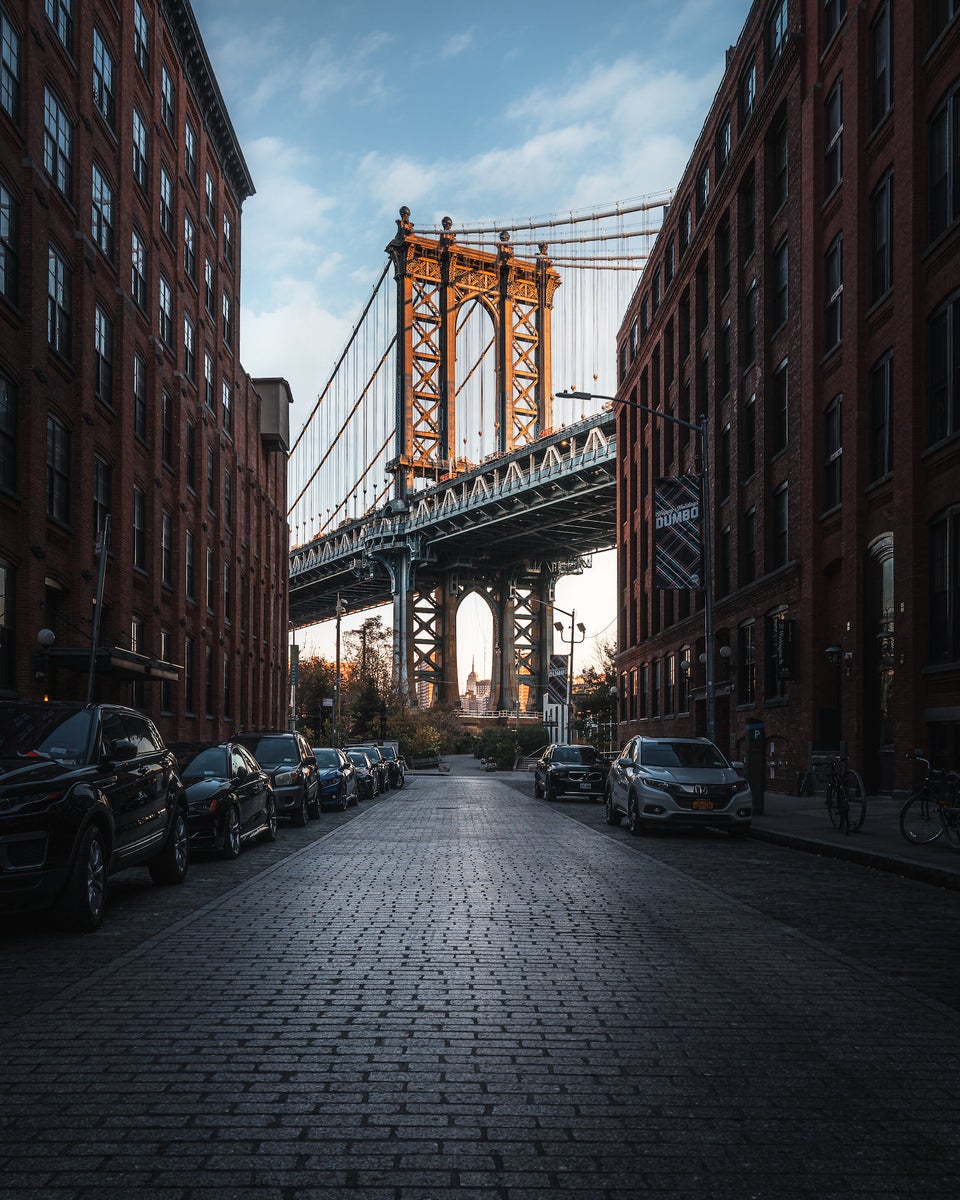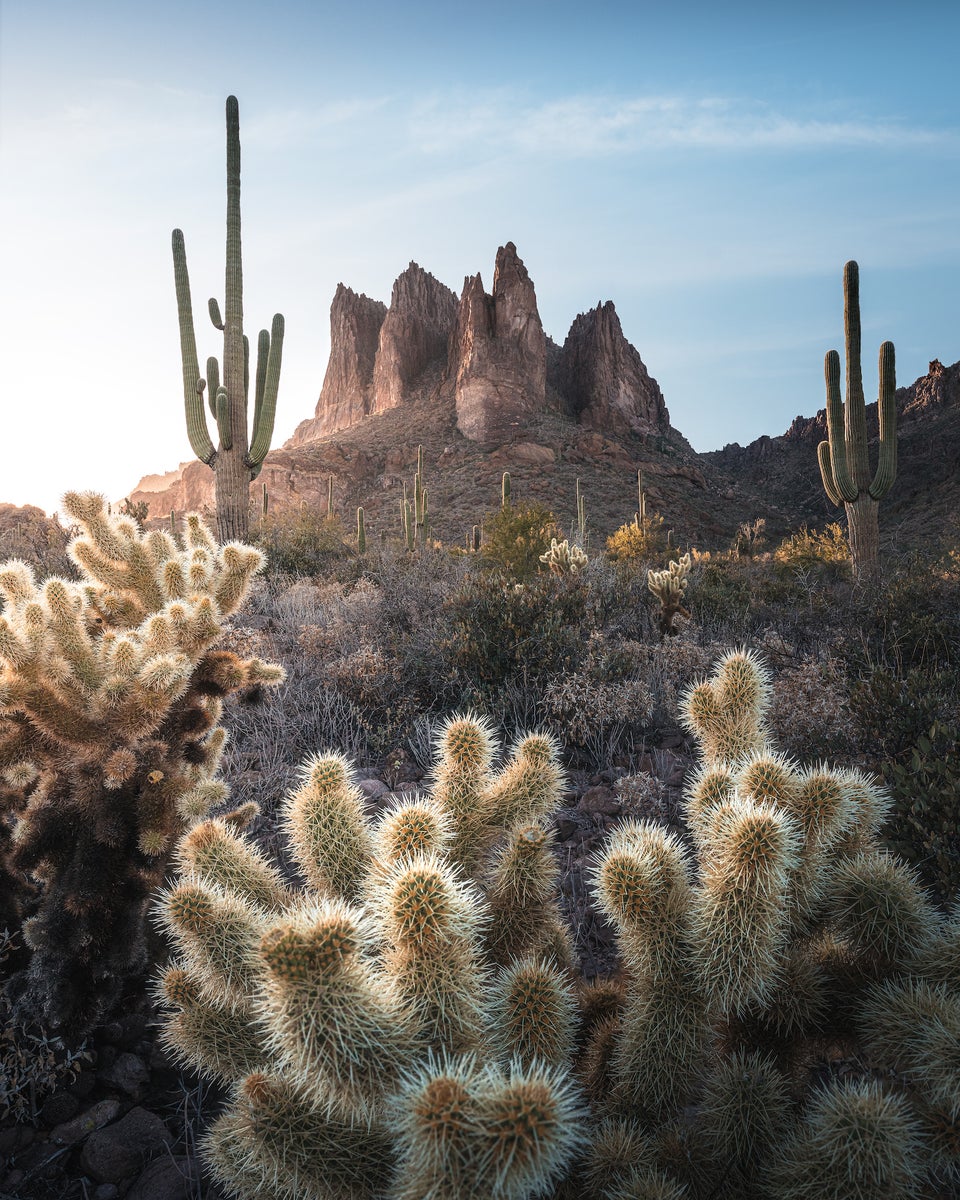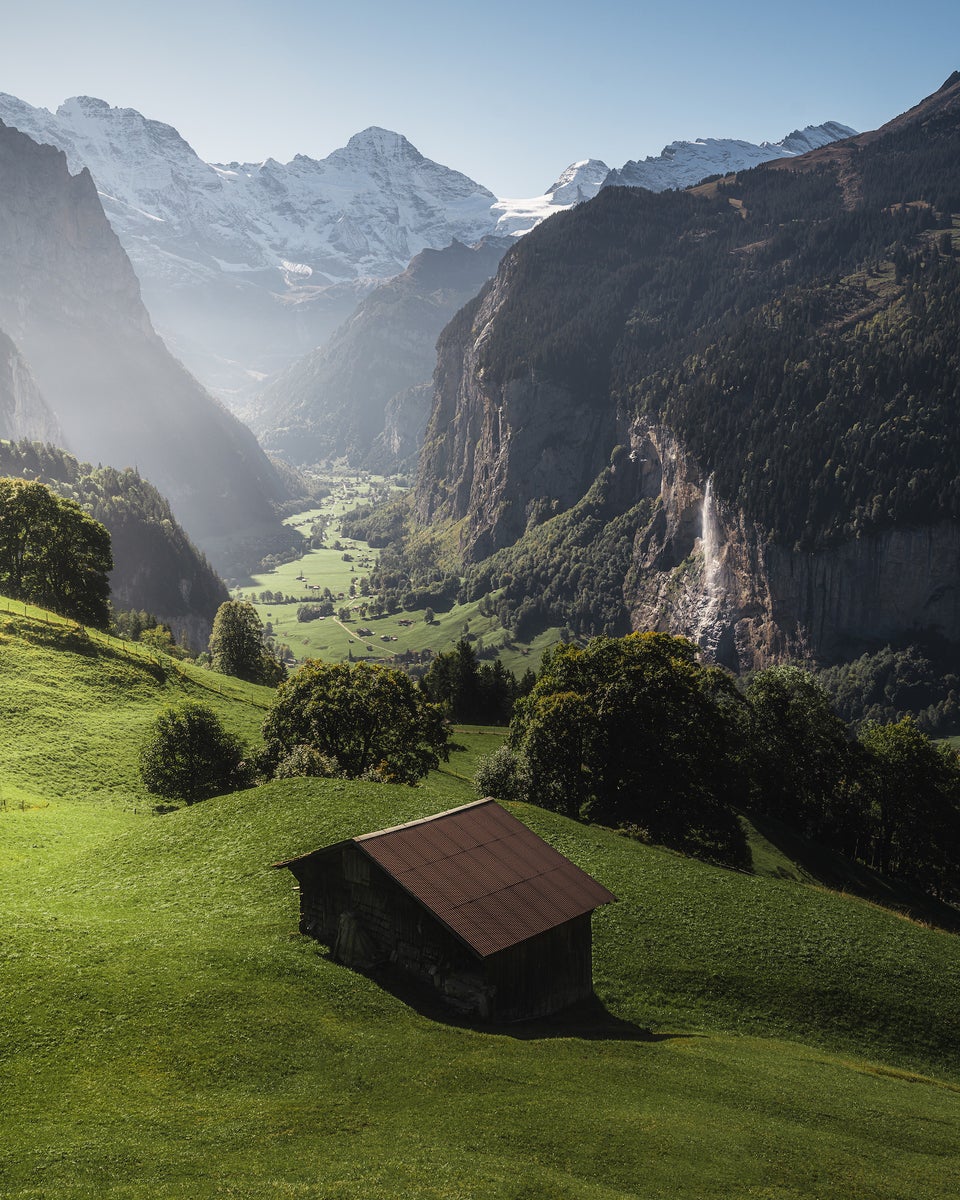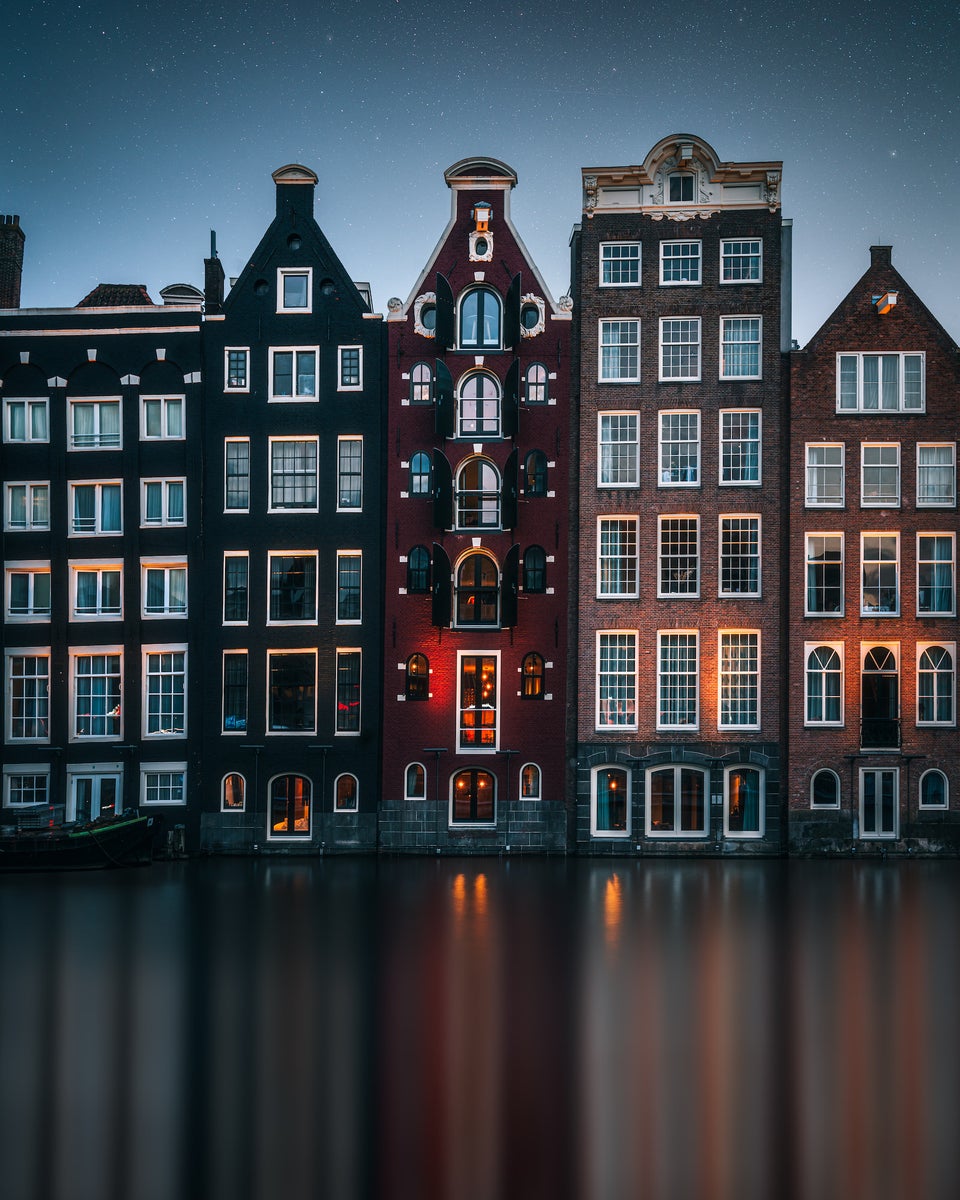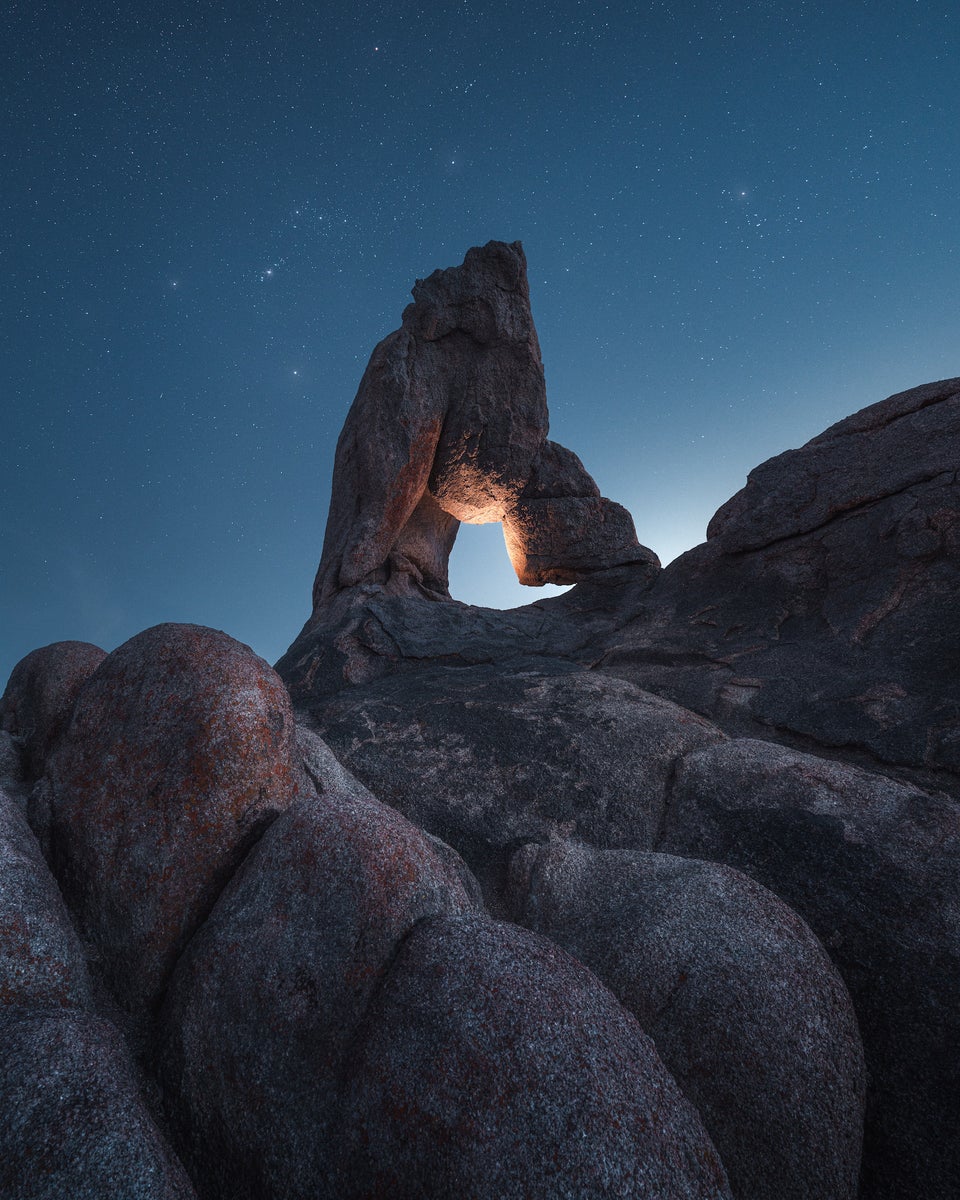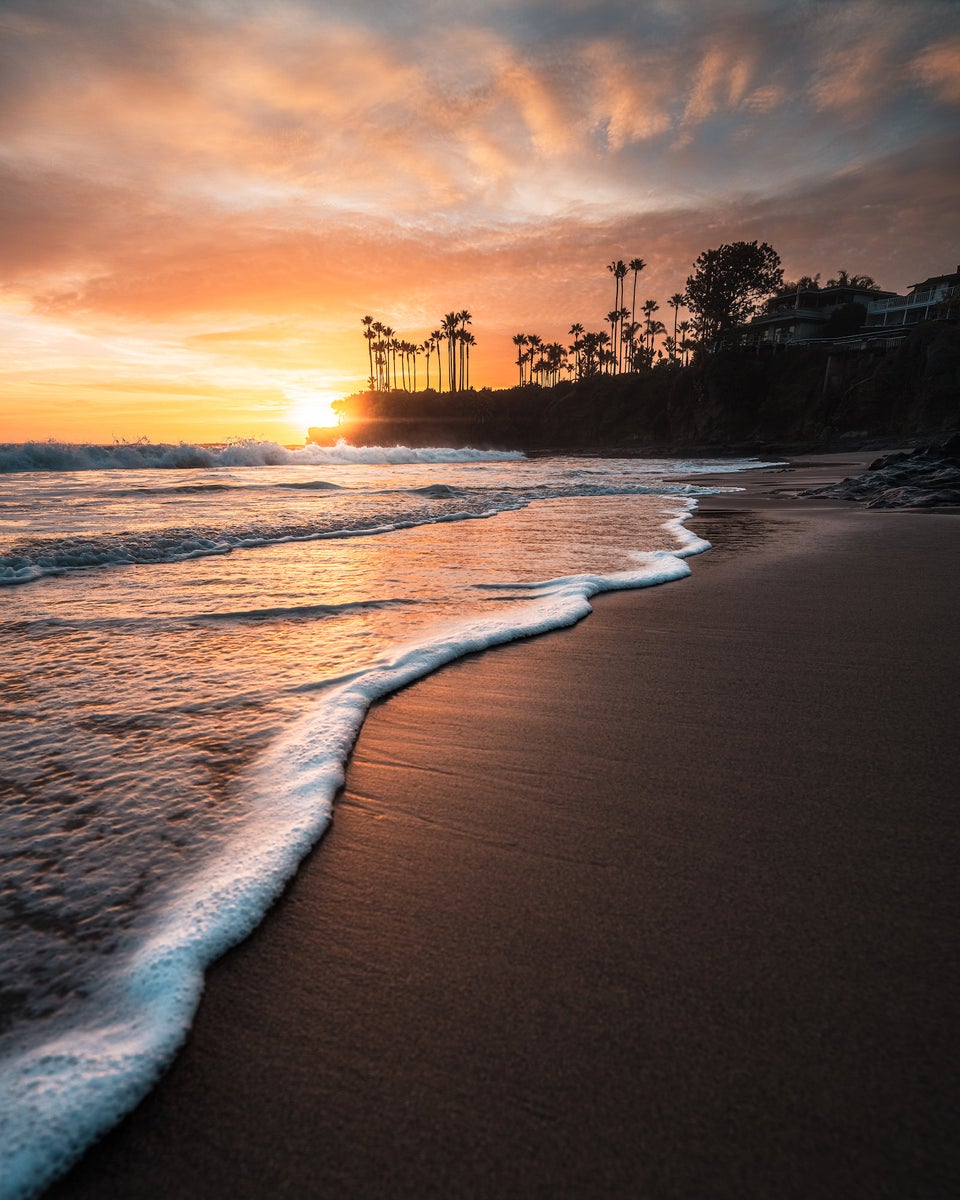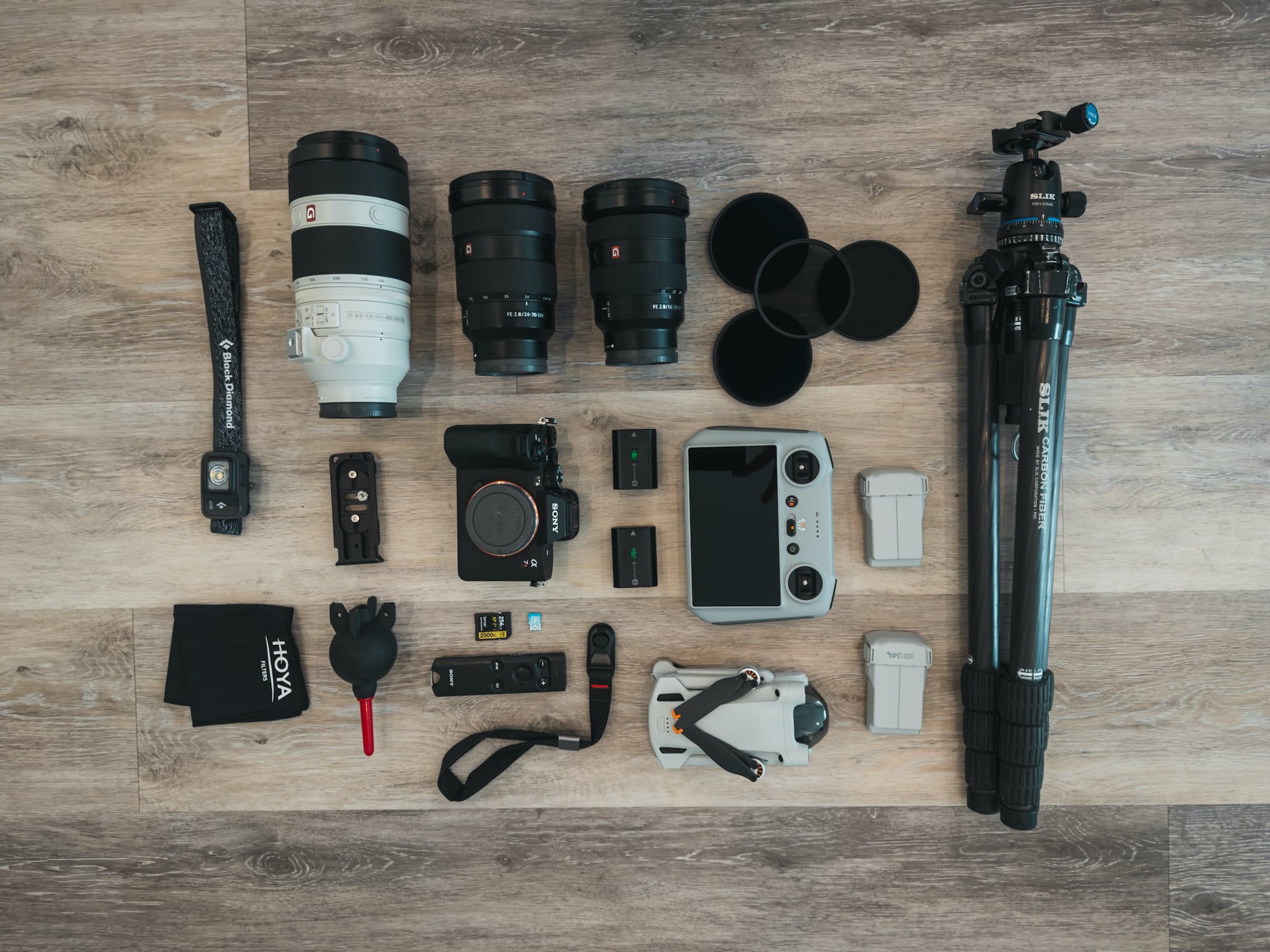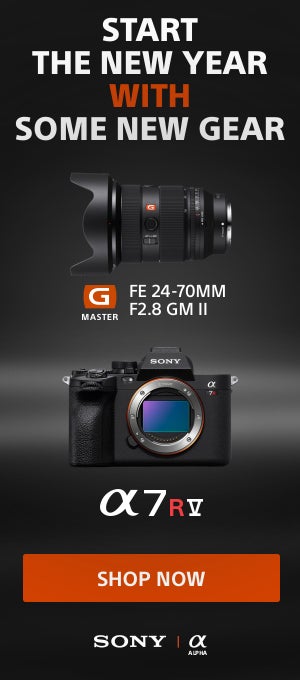Ryan Ditch (@ryanditchphoto) is a landscape and commercial photographer whose style is a mix of urban and nature. Growing up in and around Seattle, he was inspired by the picturesque Pacific Northwest, but he's a city aficionado at heart. You're likely to pass by him on a trail deep within a National Park and the next week see him composing frames on the streets of Los Angeles. Diversity has always been a huge part of Ditch’s portfolio as he believes there is beauty in all things. As you scroll through his Instagram account, you’ll see sweeping landscapes, both natural and urban. We fell in love with Ditch’s work and needed to geek out with him on gear. So we took a look inside his camera bag and checked out his go-to Sony cameras and the three essential G Master zoom lenses he always has with him.
Having recently upgraded to the Sony Alpha 7R V, this landscape photographer shares the three essential Sony zooms he pairs with it.
Cameras
Sony Alpha 7R V: Since my main source of income as a photographer is through commercial shoots, I use the Sony Alpha 7R V for maximum resolution. I recently upgraded from the Sony Alpha 7R IV and couldn’t be happier. The Alpha 7R V maintains the 61MP and incredible resolution, but adds a new build with deeper grip resulting in better ergonomics. Plus, the new 4-Axis Multi-Angle LCD allows me to stay in view of my composition while creating in tight and unique positions. Lastly, my favorite new feature is auto focus bracketing–this has been an absolute game changer for me.
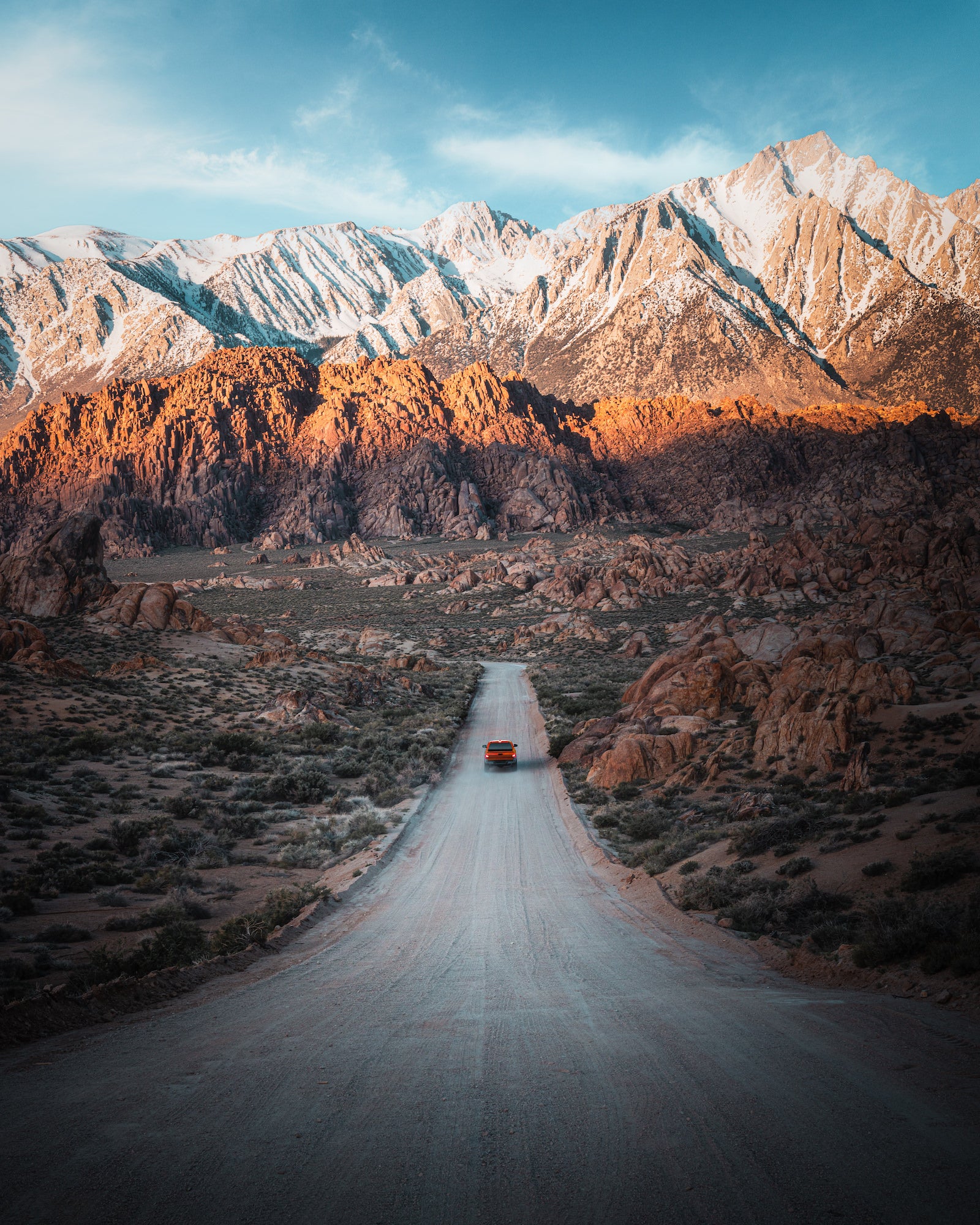
Photo by Ryan Ditch. Sony Alpha 7R V. Sony 24-70mm f/2.8 G Master. 1/50-sec., f/10, ISO 100
Lenses
Sony 24-70mm f/2.8 G Master: I use three lenses ranging from 16mm up to 400mm which allows me to capture almost any scene. My Sony 24-70mm f/2.8 G Master is by far my most used lens as I tend to shoot landscapes at 24mm or 35mm and my commercial work at 50mm. I’d say this lens stays on my camera 75% of the time because of its versatility. I tried several 50mm and 85mm prime lenses, but felt the quality and zoom capability outweighed any other benefits.
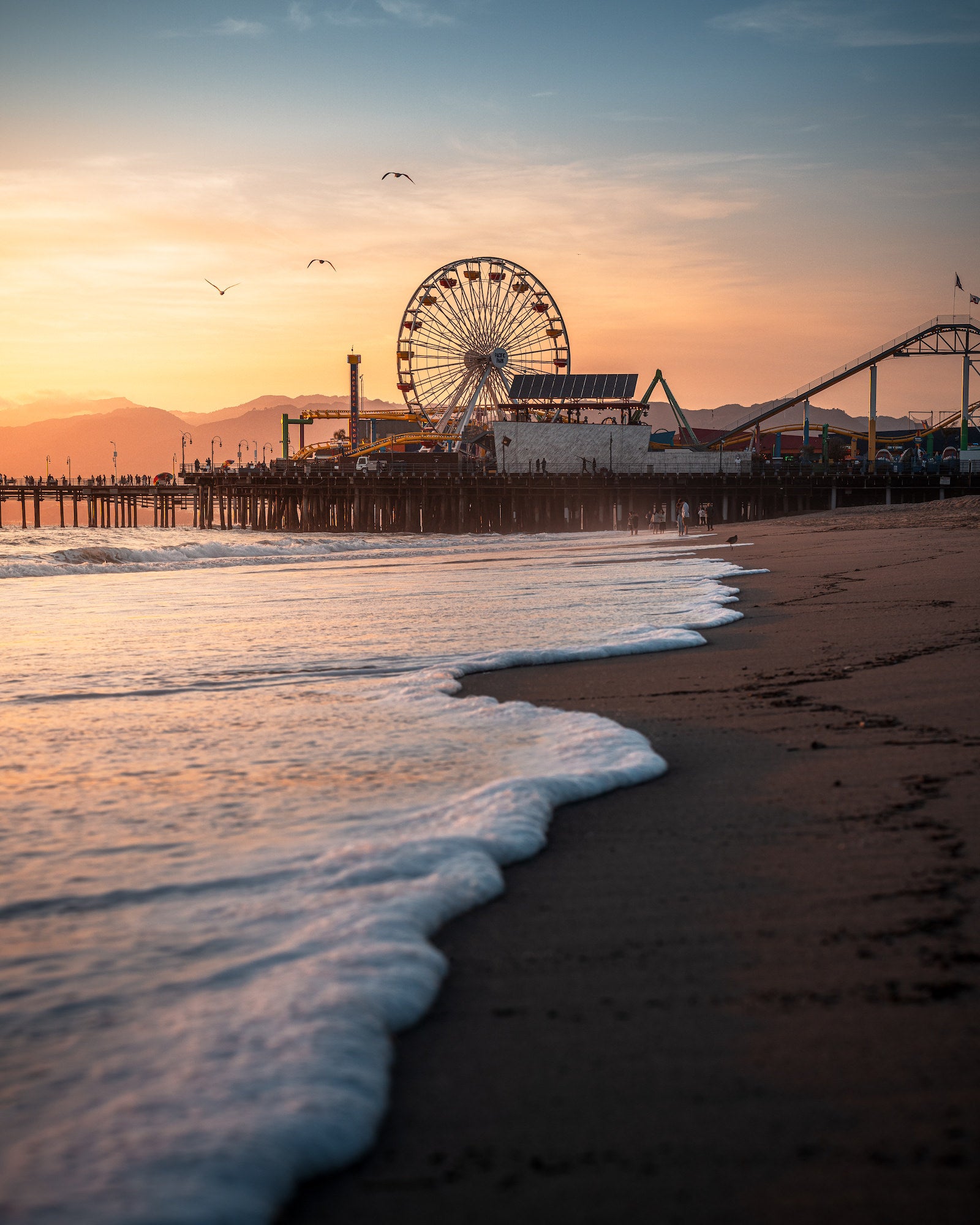
Photo by Ryan Ditch. Sony Alpha 7R V. Sony 24-70mm f/2.8 G Master. 1/200-sec., f/6.3, ISO 320
Sony 16-35mm f/2.8 G Master: My Sony 16-35mm f/2.8 G Master lens is used more for urban work or to capture a wider nature scenes. I also use this to shoot astro because of the 2.8 aperture and versatility to go from 16mm to 24mm. I’ve found 24mm is my favorite for the Milky Way. This is a must-have in my camera bag, as the wider angle gives me more unique perspectives. This is also the lens I find myself using the Sony Alpha 7RV’s articulating screen the most. I can put the camera in a weird spot, compose it well and use the wide angle lens to get some interesting shots.
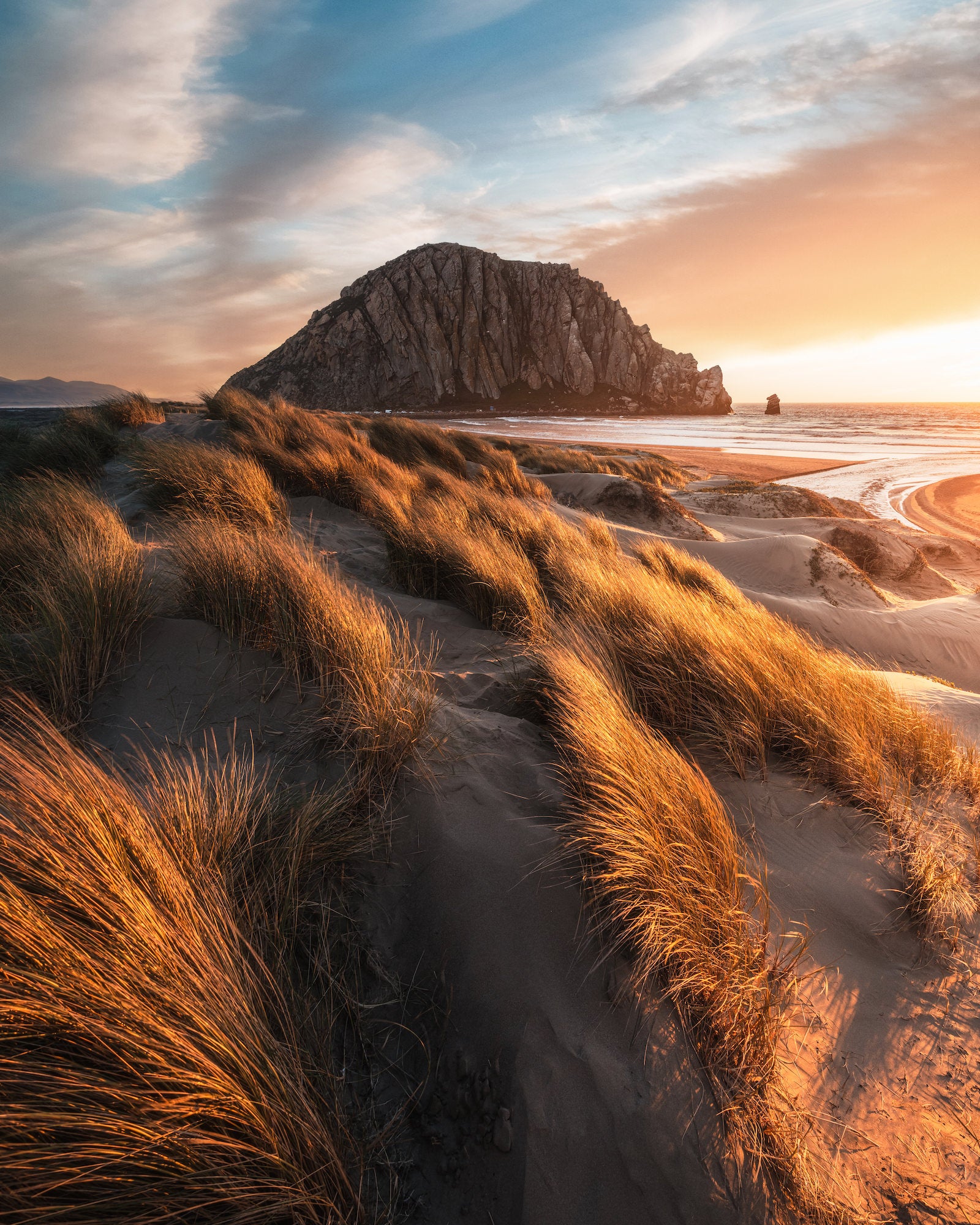
Photo by Ryan Ditch. Sony Alpha 7R V. Sony 16-35mm f/2.8 G Master. 1/60-sec., f/8, ISO 100
Sony 100-400mm 4.5/5.6 G Master: Lastly, my Sony 100-400mm 4.5/5.6 G Master is primarily used for wildlife, and for those unique compositions only a telephoto lens can capture. 400mm urban photos are by far my absolute favorite, the compression it creates brings any skyline right through the photo and into your hand. I’ve found this lens to be insanely sharp which is why I haven’t opted for a prime. Similar to the Sony 24-70mm f/2.8 GM, I love the zoom versatility.
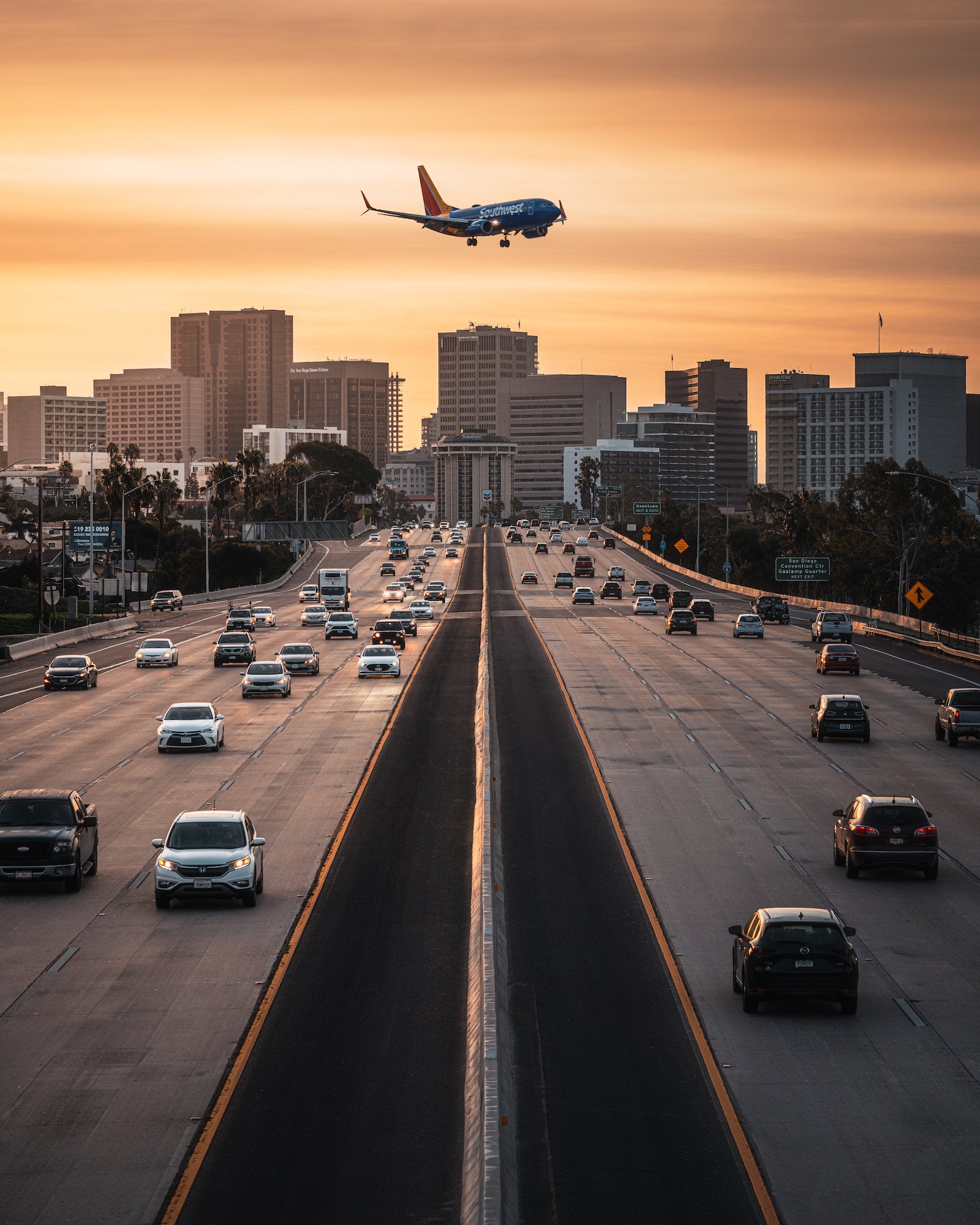
Photo by Ryan Ditch. Sony Alpha 7R V. Sony 100-400mm f/4.5-5.6 G Master. 1/200-sec., f/8, ISO 200
Accessories
Slik Carbon Fiber PRO CF-634 tripod and PBH-635AC Arca-type Ball Head : Slik Tripods has worked closely with me for over give years now and have been instrumental to my career. I have several tripods all used for different situations, but the combination of the Carbon Fiber PRO CF-634 tripod and PBH-635AC Arca-type Ball Head is stable and packable. Also the i-Bracket from Slik is a great option to replace the traditional L Bracket. It’s lighter and smaller which helps reduce the weight for handheld shooting, but still stable enough for portrait orientation tripod use.
Hoya Filter: Hoya is my favorite brand when it comes to filters. I find that they have zero color effect on color balance and are incredibly durable.
Sony Bluetooth Remote: My Sony remote is another must have. The bluetooth option allows me to be completely disconnected from my camera when needing maximum stabilization. I use this a lot for astrophotography.
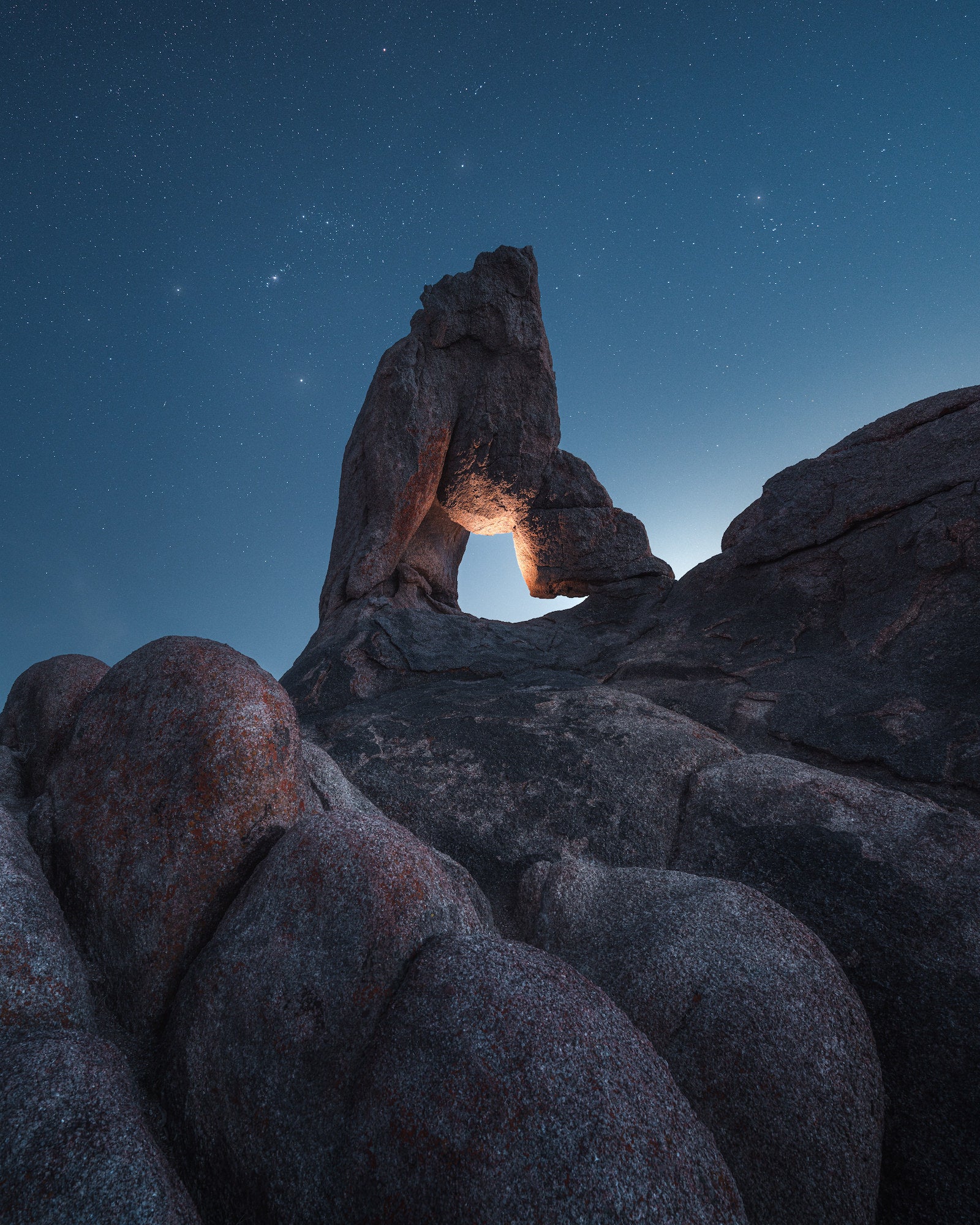
Photo by Ryan Ditch. Sony Alpha 7R V. Sony 16-35mm f/2.8 G Master. 20-sec., f/10, ISO 100
Drone: The aerial scenes and unique views add so much to my portfolio and offer another amazing option for brand work.
Headlamp: I always keep a headlamp in my bag, because you never know when you’re going to need one.
Tools: I have several tools to replace propeller blades, tighten brackets, and ball heads.
Rocketblower & Microfiber Towels: Lastly, a rocket air blower and lots of microfiber towels, however I wish I could say I used them more. That would eliminate a lot of dust spot removal in post production.
See more of Ryan Ditch’s work on Instagram @ryanditchphoto.
